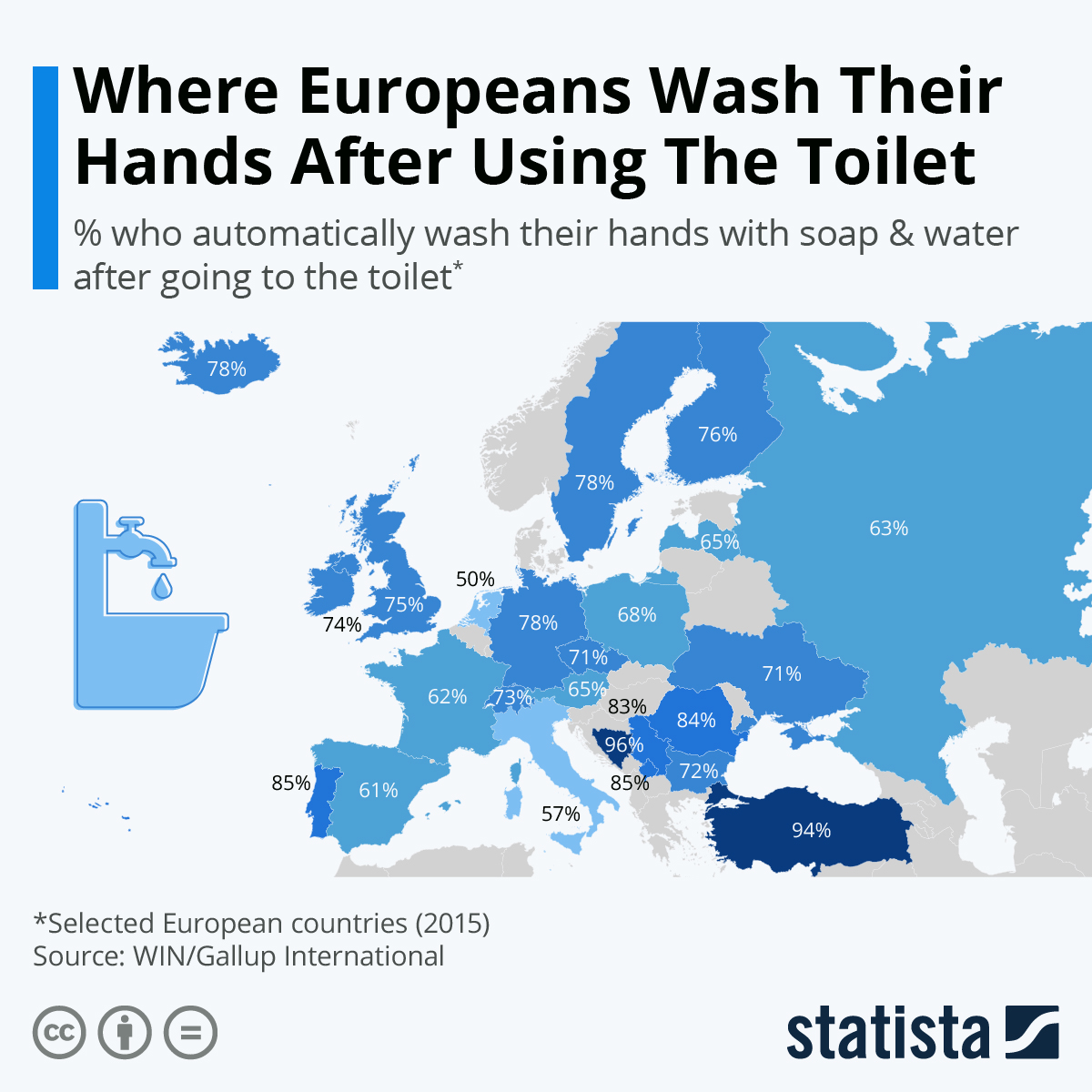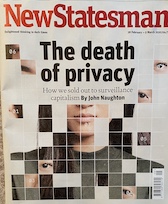From Alexis Madrigal:
Meanwhile, South Korean officials have been testing more than 10,000 people a day, driving up the country’s reported-case count. Same goes for Italy: high test rate, high number of cases. (Now some Italian politicians want to restrict testing.) In China, the official data say the country has more than 80,000 cases, but the real number might be far, far higher because of all the people who had mild(er) cases and were turned away from medical care, or never sought it in the first place. That may be cause for reassurance (though not everyone agrees), because the total number of cases is the denominator in the simple equation that yields a fatality rate: deaths divided by cases. More cases with the same number of deaths means that the disease is likely less deadly than the data show.
The point is that every country’s numbers are the result of a specific set of testing and accounting regimes. Everyone is cooking the data, one way or another. And yet, even though these inconsistencies are public and plain, people continue to rely on charts showing different numbers, with no indication that they are not all produced with the same rigor or vigor. This is bad. It encourages dangerous behavior such as cutting back testing to bring a country’s numbers down or slow-walking testing to keep a country’s numbers low.



